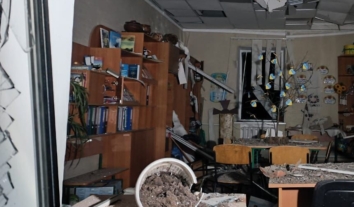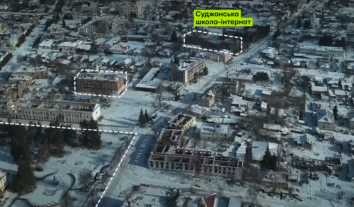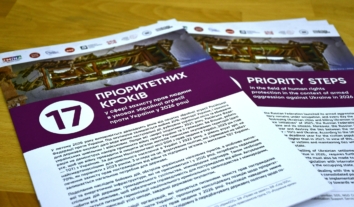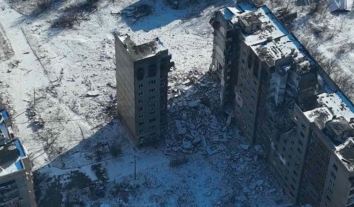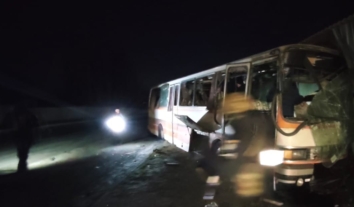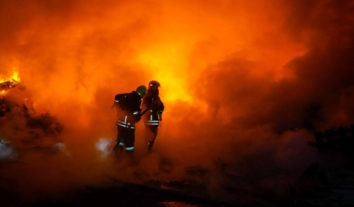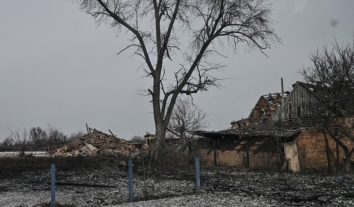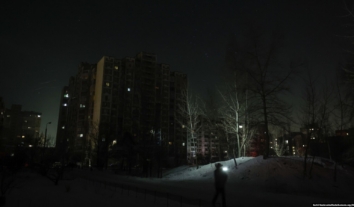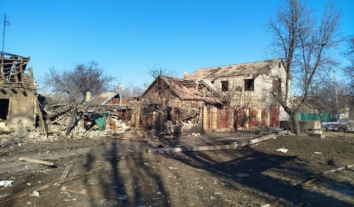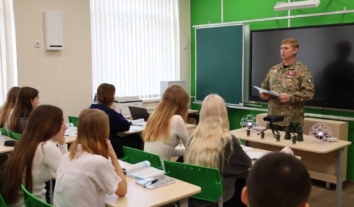Ukraine pushes back against US proposal to unblock Russian agricultural trade
Kyiv has expressed serious concerns about a US agreement that could facilitate Russia’s access to global agricultural markets and fertilizer exports. The controversy emerged following talks between Moscow and Washington in Saudi Arabia.
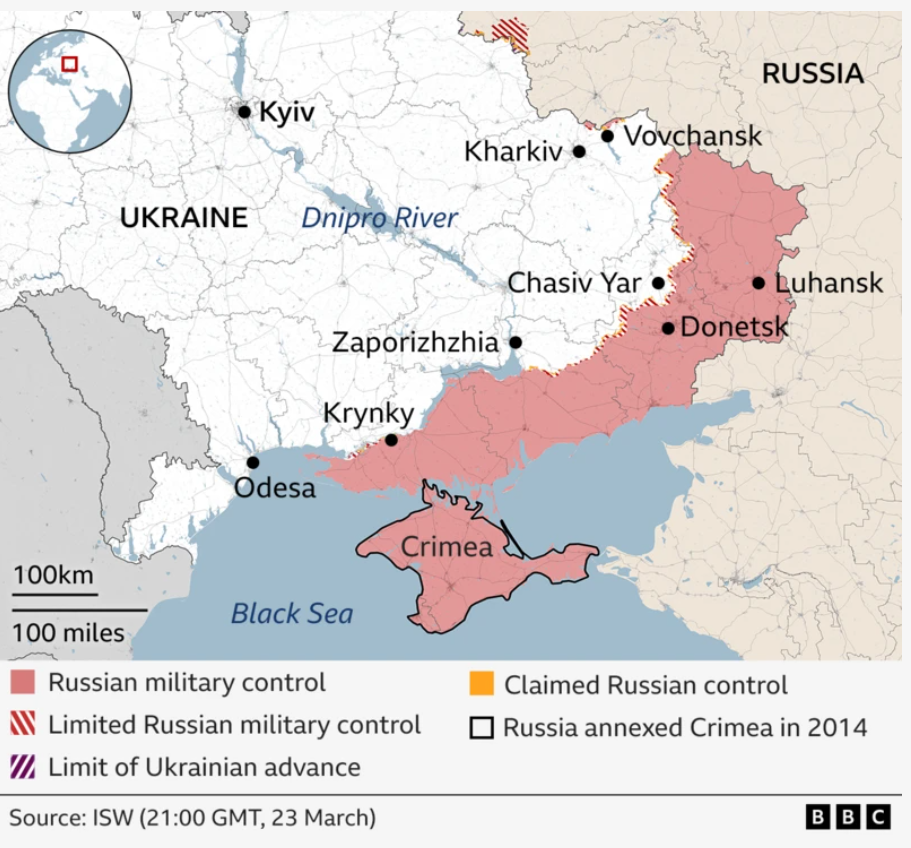
The US statement specifically pledged to “help restore Russia’s access to the world market for agricultural and fertiliser exports”. Notably, the administration released two nearly identical statements from the negotiations, with a critical paragraph about Russian agricultural products appearing only in the statement concerning Russia.
Ukrainian President Volodymyr Zelenskyy directly addressed the issue, emphasizing that this point was not originally on the agenda for the meeting.
“This issue was not on the agenda before the meeting. As far as we know, the Russians raised the issue of the US side’s assistance to the Russians in transporting their agricultural products […] We did not agree to have this in our common statement,” he said.
The president stressed that Ukrainian officials were absent during the US-Russia meeting and lack comprehensive details. He highlighted a crucial distinction, noting that easing restrictions on Russian agricultural products differs significantly from discussing any form of ceasefire.
The US, Russia and Ukraine “have agreed to ensure safe navigation, eliminate the use of force, and prevent the use of commercial vessels for military purposes in the Black Sea”, the statement says.
The Kremlin has now published a statement on Saudi talks with the US, citing a number of conditions it says the Black Sea deal comes with.
It says the agreement will only come into force after sanctions are lifted from Russian banks involved in international trade in food and fertilisers and they are fully reconnected to Swift – a network that facilitates secure financial messaging between banks.
This means Russia is effectively saying that sanctions must be lifted from its banks, food producers, exporters, and insurers involved in food exports before a ceasefire in the Black Sea occurs.
The Kremlin, however, stated that these clauses would take effect only after several sanctions are lifted, specifically:
- from Rosselkhozbank and other banks involved in the export of food and fertilisers;
- from companies producing and exporting food and fertilisers, as well as companies insuring the relevant cargoes;
- from Russian-flagged vessels transporting food and fertilisers and the servicing of such ships in ports;
- on the supply of agricultural machinery and other goods used in the production of food and fertilisers to Russia.
However, this note was not included in the White House statement following the meetings.
Meanwhile, the European Union plans to completely restrict imports of Russian agricultural products, citing the need to protect local producers.
By way of background, the Russian Federation steals Ukrainian agriculture on the temporarily occupied territories of the Donetsk, Luhansk, Zaporizhzhia, and Kherson Oblasts and in Crimea.
On January 16, 2024, the United Kingdom reported that it had developed a database to track and prevent grain theft from Russian-occupied Ukrainian regions. It announced a plan to deliver the database to Ukraine in the coming weeks.
The announcement emphasises that Ukraine, a key supplier of agricultural products, plays a vital role in global food security.
The government of the United Kingdom explained that the database was created “using cutting-edge science to help determine where grain has been grown and harvested.”
Read also: Africa faces vulnerabilities from Russia’s war on Ukraine
This initiative came after Ukraine appealed to the G7 countries for help in tracking stolen grain from Ukrainian fields under Russian control, which is then rebranded and sold to third countries.
Ukraine urges the international community to unite to restore global security under the UN Charter and strengthen sanctions against Russia to enforce compliance with international law. Following Russia’s initial invasion in 2014, Ukraine has pursued the liberation of its territories within its internationally recognised 1991 borders while developing comprehensive reintegration strategies and policies for all liberated areas.
The broader implications are significant. Ukraine argues that the violation of its territorial integrity creates a dangerous precedent, potentially emboldening Russia and other authoritarian regimes to redraw borders through force. The annexation of Crimea represents the first attempted territorial annexation since World War II, challenging fundamental principles of international sovereignty.

